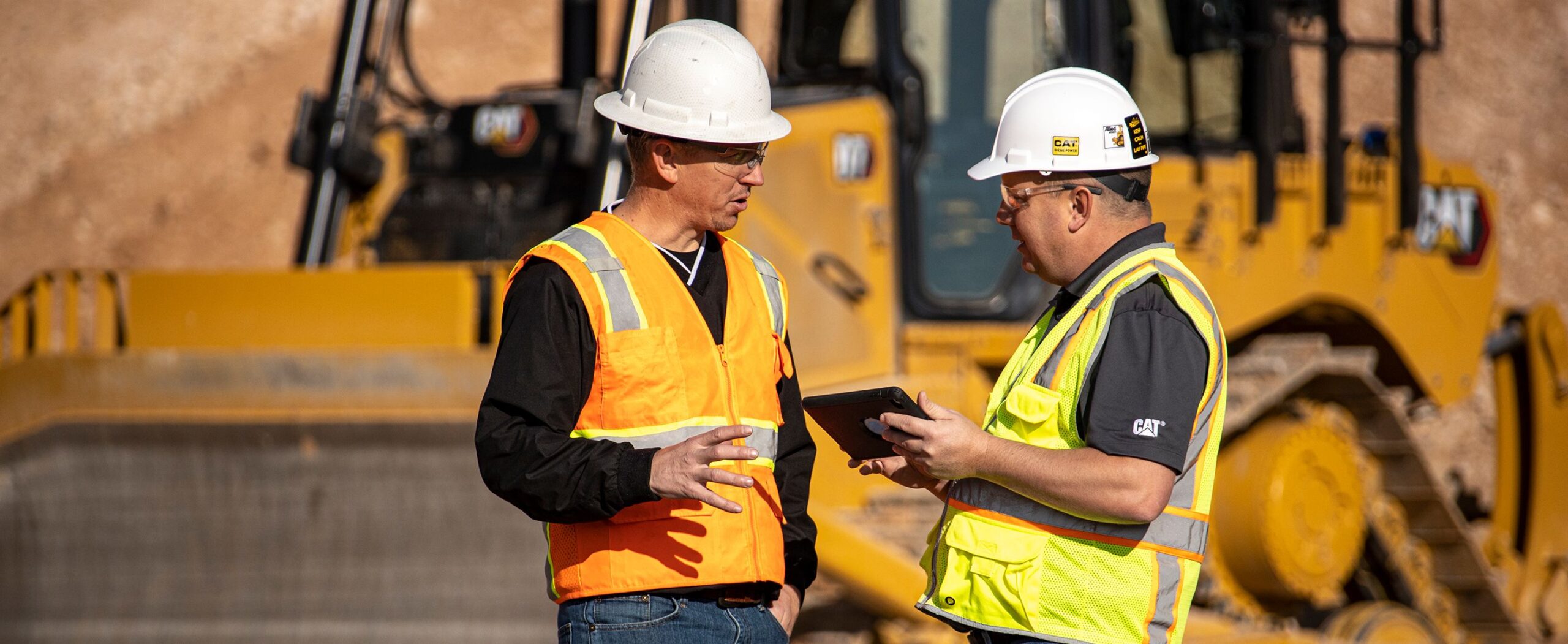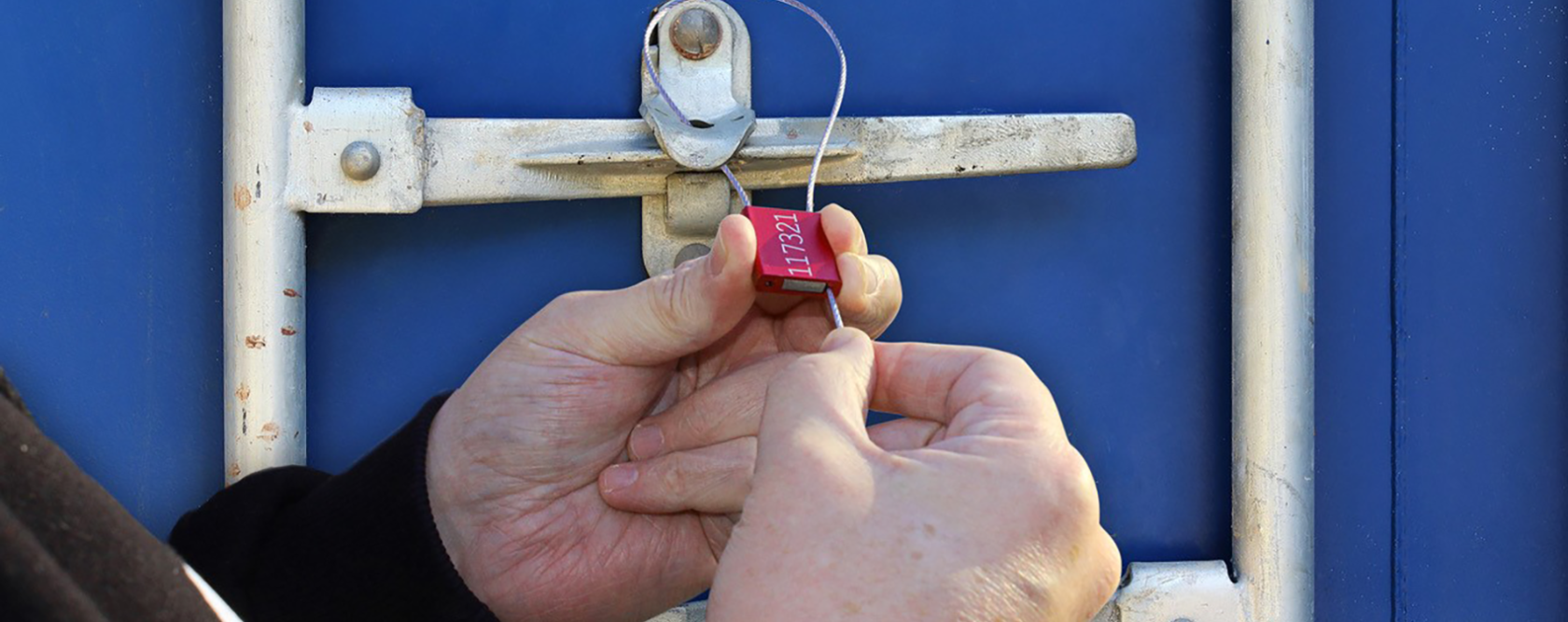Red Flags To Watch Out For When Buying From A Forestry Equipment Supplier
When it comes to purchasing forestry equipment, choosing the right supplier is as important as selecting the right machinery. The supplier you work with can significantly impact your operations, profitability, and long-term success. Unfortunately, not all suppliers meet the same standards of reliability, professionalism, or integrity. Recognizing red flags early in the buying process can save you from costly mistakes, unreliable equipment, or even outright scams. Here are the major red flags to watch out for when buying from a forestry equipment supplier:
1. Lack Of Industry Experience Or Credentials
One of the biggest warning signs is a supplier that lacks a track record in the forestry industry. Established suppliers typically have years of experience, industry certifications, and a verifiable business history. If a company cannot provide references, portfolio examples, or proof of past projects, it’s a cause for concern.
In forestry, where equipment is a major investment, credibility is crucial. A supplier that cannot demonstrate its expertise or share client testimonials may not have the knowledge or stability to support your needs. It’s important to verify their background through third-party reviews, trade directories, or even local business bureaus.
2. Vague Product Descriptions And Poor Documentation
Quality forestry equipment suppliers provide detailed product descriptions, including specifications, performance data, and warranty information. If a supplier is vague about what they’re offering—or worse, doesn’t provide documentation at all—it suggests they may be hiding defects, reselling unverified machinery, or engaging in grey market practices.
Legitimate suppliers are transparent and eager to share everything from technical manuals to maintenance schedules. If you’re getting evasive answers or minimal information, treat it as a red flag. Clear documentation is essential not only for understanding what you’re buying but also for maintenance and resale value in the future.
3. Unrealistic Pricing Or Overly Aggressive Discounts
Everyone likes a good deal, but when a supplier’s prices seem too good to be true, they probably are. Heavily discounted equipment may be outdated, damaged, or counterfeit. Some unscrupulous sellers use low prices as bait, only to surprise buyers later with hidden fees or substandard products.
Reliable suppliers typically offer competitive—not extreme—pricing, and they’re upfront about costs. Be wary of deals that are significantly below market value without a clear explanation. Price should always align with the quality, brand, and condition of the equipment being offered.
4. Poor Communication And Customer Service
How a supplier communicates with you before the sale is often a preview of what to expect after the sale. If emails go unanswered, phone calls are ignored, or responses are consistently delayed, take it as a sign of poor customer service.
In the forestry industry, downtime can be costly. You need a supplier who’s responsive and available—whether it’s for product inquiries, support, or spare parts. A lack of professionalism in communication signals disorganization or a lack of commitment to customer relationships.
5. No After-Sales Support Or Spare Parts Availability
A quality forestry equipment supplier doesn’t just deliver the machine—they support you throughout the equipment’s life cycle. If a supplier has no system for after-sales service, no spare parts inventory, or vague support policies, it could lead to major problems down the road.
Forestry machinery requires routine maintenance, occasional repairs, and sometimes emergency service. If your supplier cannot guarantee support, it may result in costly downtime or force you to source parts from multiple vendors. Reliable suppliers are upfront about the services they provide and have a clear network for technical assistance and parts supply.
6. High-Pressure Sales Tactics
A provider who pressures you to decide quickly without giving you enough time for a thorough assessment is another serious red flag. High-pressure tactics are often used to rush buyers into poor decisions, especially if the supplier knows the product has flaws.
A trustworthy supplier encourages due diligence. They’ll allow you time to inspect the equipment, ask questions, and consult with your team. If you’re being pressured to buy on the spot or told that “the deal won’t last past today,” it’s wise to step back and reassess the situation.
7. Unclear Warranty Or Return Policy
Before making any purchase, especially one involving high-cost machinery, you should have a clear understanding of the warranty and return policy. Some suppliers may intentionally leave these terms vague to avoid responsibility if the equipment fails.
Make sure the supplier offers a written warranty and outlines exactly what it covers—parts, labor, duration, and conditions. Similarly, a clear return policy provides peace of mind in case the equipment does not meet expectations or arrives damaged. If the supplier avoids giving you these details or has overly restrictive terms, proceed with caution.
Conclusion
The forestry equipment market is filled with both reputable suppliers and opportunistic sellers. Knowing the red flags can protect your business from operational setbacks, financial losses, and future headaches. Always take time to verify the supplier’s background, evaluate the quality of their offerings, and insist on transparency at every stage. A good forestry equipment supplier will not only sell you machines—they’ll build a lasting relationship based on trust, reliability, and service. Watch for the signs, and you’ll be better positioned to make an investment that strengthens your operation for years to come.






